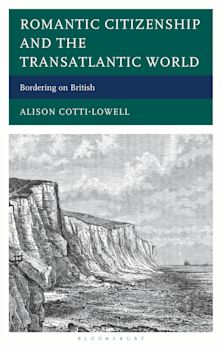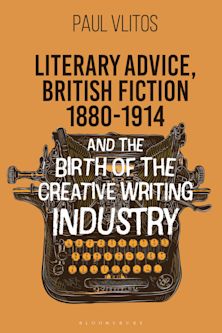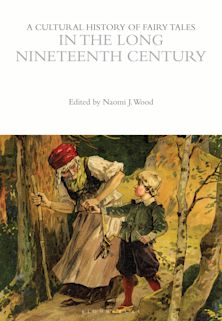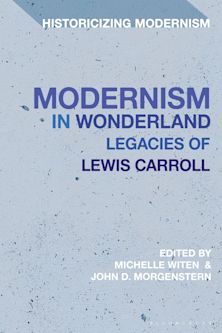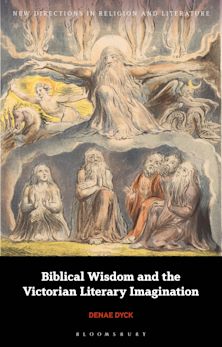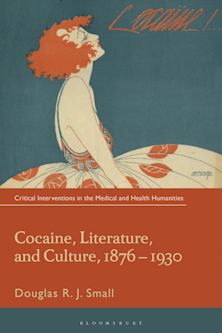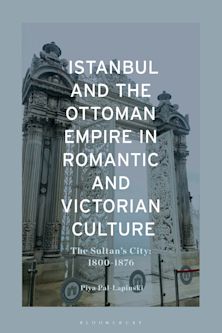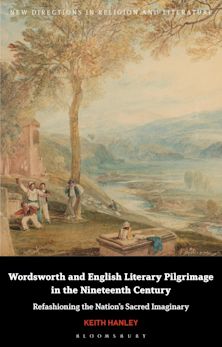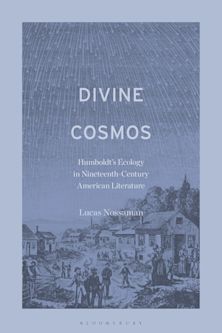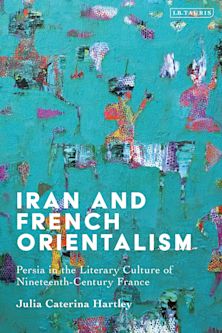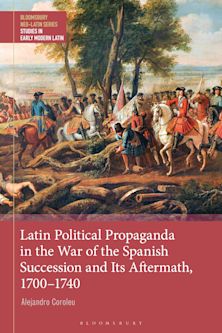- Home
- ACADEMIC
- Literary Studies
- Eighteenth- and Nineteenth-Century Literature
- Transatlantic Travels in Nineteenth-Century Latin America
Transatlantic Travels in Nineteenth-Century Latin America
European Women Pilgrims
Transatlantic Travels in Nineteenth-Century Latin America
European Women Pilgrims
You must sign in to add this item to your wishlist. Please sign in or create an account
Description
Transatlantic Travels in Nineteenth-Century Latin America: European Women Pilgrims retraces the steps of five intrepid “lady travelers” who ventured into the geography of the New World—Mexico, the Southern Cone, Brazil, and the Caribbean—at a crucial historical juncture, the period of political anarchy following the break from Spain and the rise of modernity at the turn of the twentieth century. Traveling as historians, social critics, ethnographers, and artists, Frances Erskine Inglis (1806–82), Maria Graham (1785–1842), Flora Tristan (1803–44), Fredrika Bremer (1801–65), and Adela Breton (1849–1923) reshaped the map of nineteenth-century Latin America. Organized by themes rather than by individual authors, this book examines European women’s travels as a spectrum of narrative discourses, ranging from natural history, history, and ethnography. Women’s social condition becomes a focal point of their travels. By combining diverse genres and perspectives, women’s travel writing ushers a new vision of post-independence societies. The trope of pilgrimage conditions the female travel experience, which suggests both the meta-end of the journey as well as the broader cultural frame shaping their individual itineraries.
Table of Contents
List of Illustrations
Acknowledgments
Chapter 1: Transatlantic Travels in Nineteenth-Century Latin America: European Women
Pilgrims
Chapter 2: Mapping the Unknown: European Women’s Travels and the Gaze or Enchantment
Chapter 3: Romancing the Nation: European Women’s Travels in Nineteenth-Century Spanish
America
Chapter 4: Face-to-Face with the Other: Women Travelers as Ethnographers
Coda, At Home in the Heights
Bibliography
Index
About the Author
Product details
| Published | Dec 12 2013 |
|---|---|
| Format | Ebook (Epub & Mobi) |
| Edition | 1st |
| Extent | 260 |
| ISBN | 9781611485080 |
| Imprint | Bucknell University Press |
| Illustrations | 27 BW Illustrations |
| Series | Bucknell Studies in Latin American Literature and Theory |
| Publisher | Bloomsbury Publishing |
About the contributors
Reviews
-
Mendez Rodenas has spent many years researching this work and she is well read in the scholarship of travel writing. . . .Each chapter in this book is structured to work as a stand-alone essay that focuses on a particular approach. . . .Mendez separates the work effectively so as to point out similarities in approach, while still acknowledging the individual voice. . . .[T]his is an impressive work.
Studies in Travel Writing
-
Méndez Rodenas’s reading of these women travelers complements the imperial and postcolonial criticism about travel writing, and opens new routes for understanding female travel writing in more complex and dynamic aspects. The book is written with sophistication and offers a comprehensive bibliographic state of the question in women’s travel, establishing a fruitful dialogue with it across areas and disciplines, between European and Latin American studies.
Modern Language Notes
-
Clustered around the trope of transatlantic pilgrimage, five European women travelers find their way into the pages of Adriana Méndez Rodenas’s insightful and beautifully illustrated account of a neglected chapter in the archive of Latin American literature. . . .Transatlantic Travels reminds us that European women travelers chronicled the defining events of post-independence America, and in doing so they left their marks as witnesses and interpreters, as social commentators, naturalists, archaeologists, historiographers, and ethnographers. And as such, Méndez Rodenas convincingly argues, shaped the way we understand and read the literary and historiographical foundational texts of the new republics.
Review: Literature and Arts of the Americas












